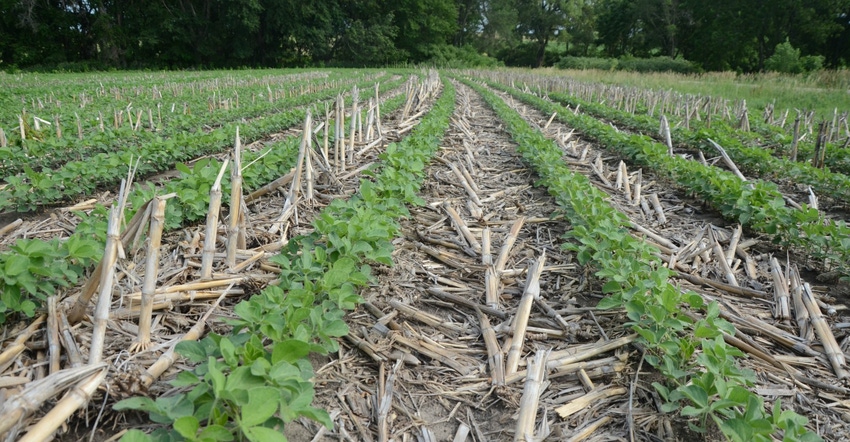
NewLeaf Symbiotics, a new company based in the Danforth Plant Science Center in Missouri, has taken a different approach to biologicals, focusing solely on pink pigmented facultative methylotrophs (PPFMs), or M-trophs for short.
M-trophs are a large group of bacteria that have co-evolved and developed a symbiotic relationship with plants. Each has a different function. This year, the company released Terrasym 401 — an M-troph product for soybeans. This product's function is to improve nutrient uptake within the soybean plant. It can be applied as a seed treatment with or without an inoculant, but unlike an inoculant, Terrasym 401 stays with the plant all season long. The recommended rate is 1 ounce per hundredweight of seed.
"Throughout the year, you'll find this on the plant. It stimulates the plant to enhance nutrient uptake," says Sherman Hollins, business development manager at NewLeaf Symbiotics. "It's truly symbiotic, because M-trophs don't use energy from the plant to live. They actually live off of methanol, a byproduct of photosynthesis."
Field trials at 35 locations across the Midwest, such as Nebraska, Missouri, Iowa and South Dakota, found a yield increase of 2.7 bushels per acre by treating soybean seed using the product with rhizobia.
About the Author(s)
You May Also Like






